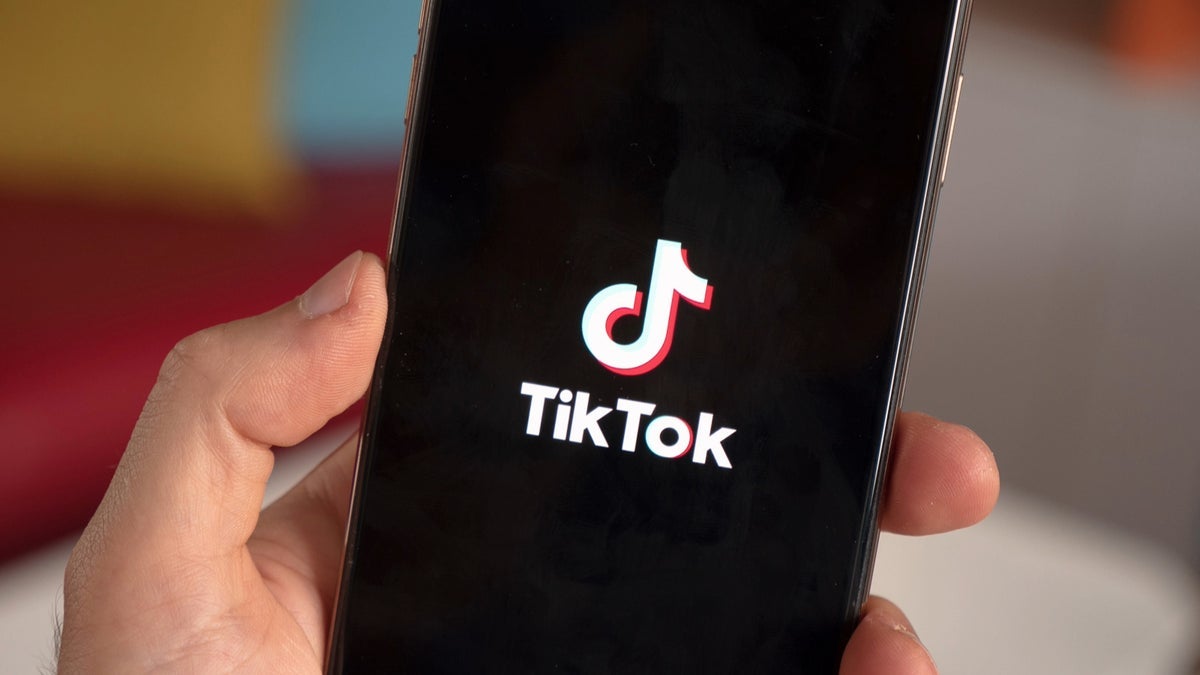Ina makes dishes, cakes, pizza, cheburiki and fried pastries.
Today, his work in the front-line city of Kurakhov, in the war-ravaged Donbas region of Ukraine, is practically lost, as Russian bombs kill and maim people and destroy homes, while Russian forces try to advance.
“I will make 10 cakes, 10 chebureks, and I will take you to the hospital for the nurses we will buy – that’s it,” Inna told Al Jazeera by phone on the afternoon of the fifth fair, just as the Ukrainian did. Troops repelled another Russian attack on Kurakhov.
Announces its services in Kurakhov ShamadaA Telegram channel with 8,000 members, it is a virtual lifeline for citizens who survived Europe’s bloodiest war. Your channel is a gem Kurakhov without panic, It involved 16,000 killers, and was run by the same official, who insisted to Al Jazeera that anonymity was necessary “during political and social instability.”
Both channels broadcast messages from Ukrainian regional authorities about hostilities, bombings, and their victims – and how to avoid becoming victims. It may sound terse, but the content is usually vague or optimistic.
As on the sixth day, the Russians bombed the Kurakhov area 13 times, one person was injured, five houses were damaged; 2,928 people were evacuated, including 238 children.
“There is an air raid alert in the best city in the world,” was the message from the official – one of his most frequently posted posts on our channels.
Follow the warning: “Silent mode activated” with phone numbers for police, medical help and firefighters. Hours later, the official posted: “Air strike warning in the best city in the world.”
Telegram messaging app founded by Russian Pavel Durov I’ve been detained in France since the beginning of this week, and it’s become an essential tool for survival. Whether reception is spotty or limited, users will still receive text messages — and can download photos and videos.
Content moderation slows down the pace, and with two channels running simultaneously, “maintaining an audience becomes a complex task,” the official said. But for the audience itself, channels are essential platforms where they can share time, stress, money and lives.
“Gasoline sold at Travisa” is the name of the gas station written to the user. “That's not true” is the answer.
Dozens of mailboxes are available at post stations that are still operating and where people can pick up parcels containing essential items – medicines, power banks or documents.
A pharmacist says that “all the medicines you will ever need” are available at a pharmacy near Kurakhov railway station. But one claims that the medicines are overstocked and now it is time to “do the wrong thing and leave” by all means.
One merceria boasts huge quantities of sausages, marinated meats and frango – and often complains about the exorbitant prices.
The authorities demand years from the residents who leave the villages of Kurakhov and Vyzinhas – but some do not face it or cannot.
Someone says, “I have no dark place, I have no dark place and nothing to go to.”
He replies: “If God doesn’t allow (the Russians) to come, he will raise your voice.” “You won’t stay at home. No water, no power, no shops. These are Sao apologies to you…”
O “ou” is an implied reference to “zhdun”.
He who waits
The word, which sounds like a shot, means “one who waits,” a word that essentially belittles those who are thought to be eager for the arrival of Russian troops, or the administration that bears the name Moscow and the ruble instead of the Ukrainian hryvnia.
However, those who choose to stay in their villages and towns on the front line are often called “zhduns,” because their reasons are often more pragmatic.
People also care because they are weak or deficient, or care about someone who is weak or deficient. We can't pay the rent and don't want to go on without it.
“I have nothing to say,” Ina said. “We need money everywhere.”
She shares a five-storey apartment with her 67-year-old mother, and hides two continuous bombs, comfortable enough to pass the hours.
Many years ago, like the villages, agricultural exploration was the reason for the founding. “He was tending the cows, despite the bombing, he killed everyone and only recovered two,” a woman whose body is still in Villarejo on the front line told Al Jazeera.
For men in mourning, evacuation could mean crossing into the trenches of the Ukrainian army.
Recruitment offices maintain checkpoints and bus stops when leaving Donetsk and may withdraw victims with shortcomings or previous convictions, they tell Al Jazeera chat users.

“A place to not be bored”
Ayanda Asim, many others are evacuating.
If someone wants the car lifted to safety, Vova – short for Volodymyr – steps in.
Ele and seus concorrentes advertise their services on our Telegram channels – we are only responsible for not mentioning the prices.
“(Colombian trafficker) Pablo Escobar was giving his prices on the radio for the world to see,” the complaint said. “And you are too humble to name yourself.”
Vova costs 70 hryvnia ($1.7) per kilometer, and a trip to Kiev can cost several hundred dollars.
It's been 30 years, but she's been in this area since pro-Russian separatists invaded parts of Donetsk and Vyzhenka Luhansk in 2014. She has an apartment in the rebel capital, also called Donetsk, but the property nine blocks away has been destroyed.
Leaving was not easy, and Vova left: armed separatists would examine his phone and skin for pro-Ukrainian messages and tattoos, his miner for traces of gun oil, his shoulders and hair for bruises from gunshots.
Paper in the day, quickly, your only savior, tell him.
“You steer and think about how to fly so you don’t get hit,” said Vova, who apparently survived a bullet fired by a Russian drone last week.
Any speed below 140 km/h (87 mph) would certainly be fatal, and that is the case.
Evacuees must endure hours of idle waiting as we close roads, their vehicle and cargo lanes being carefully and meticulously checked.
What helps Vova is that the asphalt is “perfect” after recent repairs. It is not clear to him why Kiev invested in roads that Russian tanks could soon destroy and occupy.
“You'd better look after the army,” said Vova. “Army, army, the Russians are coming in.”
He plans to expand – but only after he saves up enough money to find a home that will accept his mother's puppies.
His mother left the house he had built to Vova's deceased stepfather. “They say 'vocês são zhduns' and assim por diante,” Vova said.
“But it's hard to leave everything and go to work.”



